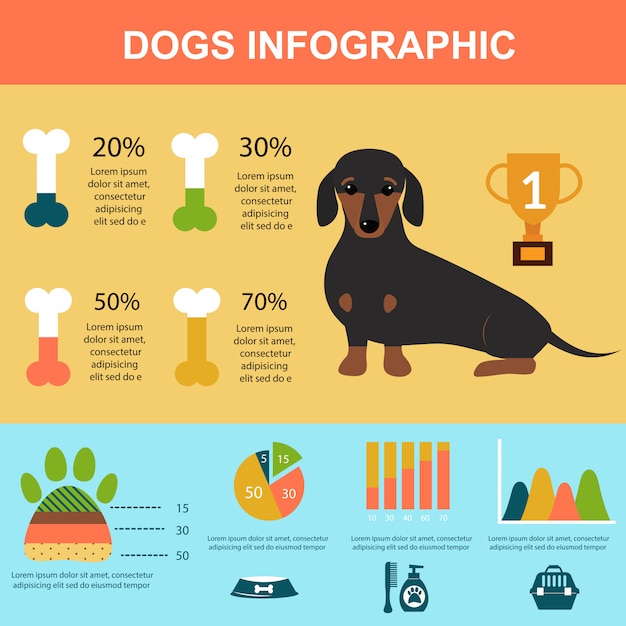Questions To Ask A Dog Daycare
Questions To Ask A Dog Daycare
Blog Article
Can Canine Day Care Cause Illness?
Canines in childcare get lots of workout, socialization with other pet dogs and special experiences. This can be especially useful for puppies and pets with behavior concerns.
There are several legal considerations you require to think about when beginning a doggy daycare business. These consist of the structure of your service and conformity with federal government regulations.
1. Canine Distemper
Canine distemper is spread with direct contact with the bodily liquids and waste of a contaminated pet, yet it can additionally be transmitted via shared water and food bowls or through airborne droplets. This highly infectious disease is most harmful for puppies, however it can affect canines of any type of age and is fatal for many if left without treatment.
Preliminary signs of canine distemper usually resemble an acute rhinitis, including dripping eyes and nose with watery or pus-like discharge. As the condition proceeds, a pet dog will certainly create high temperature, coughing, lowered cravings, throwing up and looseness of the bowels. The infection can likewise attack the nerve system, leading to seizures, jerking and partial or total paralysis.
Trusted day cares decrease exposure to infection by needing vaccinations, routine health examinations and follow strict health methods. If your dog appears excessively worn out or hopping, a day of rest may help him recover, yet you need to stay clear of taking him back to childcare till these signs improve.
2. Kennel Cough
Kennel cough, additionally referred to as infectious canine tracheobronchitis or Bordetella, is a highly contagious viral or microbial condition that impacts the respiratory system system. It's frequently transferred through the exchange of saliva or air droplets that an unwell pet dog breathes out. Social canines are at higher risk for infection due to their constant communication with each other, such as when they play, share food or water, sniff one another or simply fulfill in a congested environment like a dog park or childcare.
One of the most typical symptom of kennel coughing is a persistent and powerful cough that seems like something embeded the throat or retching. daycare for dogs near me Typically, canines will divulge foamy white phlegm. If left neglected, a pet can create pneumonia and go to major risk permanently.
A reliable day care facility ought to have rigorous cleansing and hygiene protocols, disinfect all playthings, food and water bowls regularly, and be open concerning their inoculation policies. Keeping your canine up to day on their vaccinations, particularly for bordetella and canine influenza, will substantially decrease their opportunities of contracting the illness.
3. Parvovirus
Canine parvovirus, or parvo, is a very infectious viral disease that can be harmful for pups and young person canines with inadequate body immune systems. It's most typically spread by straight contact with polluted dog feces-- which can take place when pets smell, lick, or taste infected feces-- and indirectly from infected people, things, or atmospheres (like kennels, grooming areas and lawns). Pups and canines without full vaccination histories are specifically prone to parvo.
The virus is exceptionally durable, surviving in the atmosphere for up to 9 years, and can quickly be transferred in between dogs by call with feces or on shoes, garments, and bedding infected with parvovirus. If not treated promptly with IV fluids, electrolyte equilibrium, vomiting control drugs and antibiotics to stop secondary microbial infections, a canine will swiftly dehydrate and develop serious diarrhea, which causes shock and blood poisoning. Parvo is challenging to heal once a pet has come to be ill, however with ideal veterinary treatment, many young puppies do survive this health problem.
4. Pooch Influenza
Dog influenza infection is extremely transmittable and spreads with straight get in touch with, sharing food and water bowls, licking or nuzzling various other dogs, with air-borne droplets, and via contaminated surfaces. Inoculation is effective in minimizing the risk of infection and episodes.
A lot of influenced canines create a moderate respiratory system infection with a cough that lasts 1-3 weeks. They might also have nasal and ocular discharge, sneezing, and sleepiness. Some of the most serious instances result in pneumonia and a high fever.
If your pet dog shows any one of these symptoms, do not bring them back to day care till they are healthy. If your pet is showing indications of severe fatigue or hopping, speak with your veterinarian right away and make certain they get on good health supplements to assist construct their resistance. A veterinarian will assess your pet dog for signs and symptoms of the flu by taking an example from the nose or throat, and blood examinations can be done to confirm.